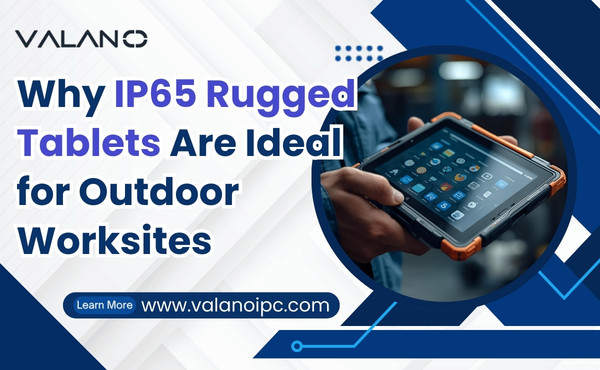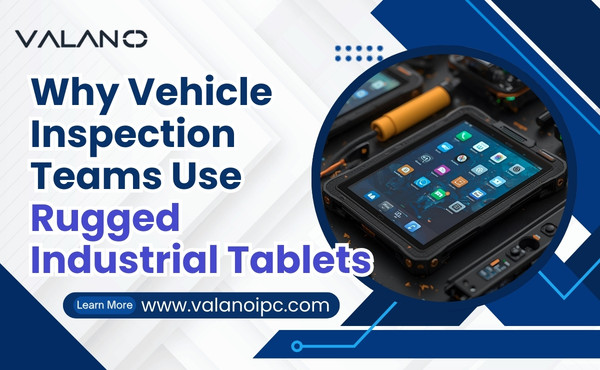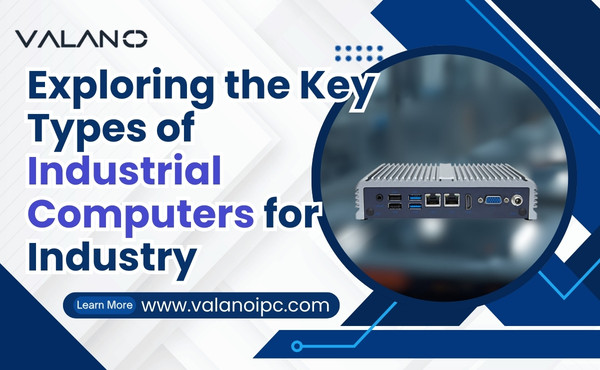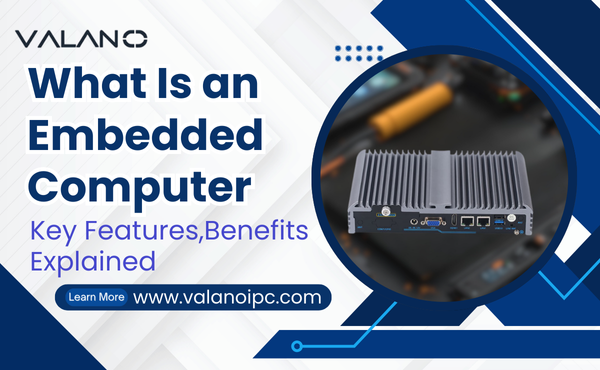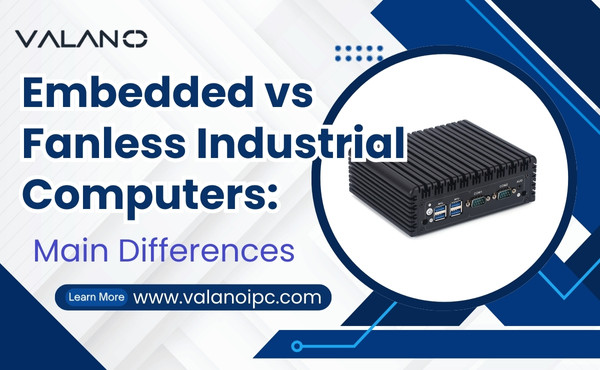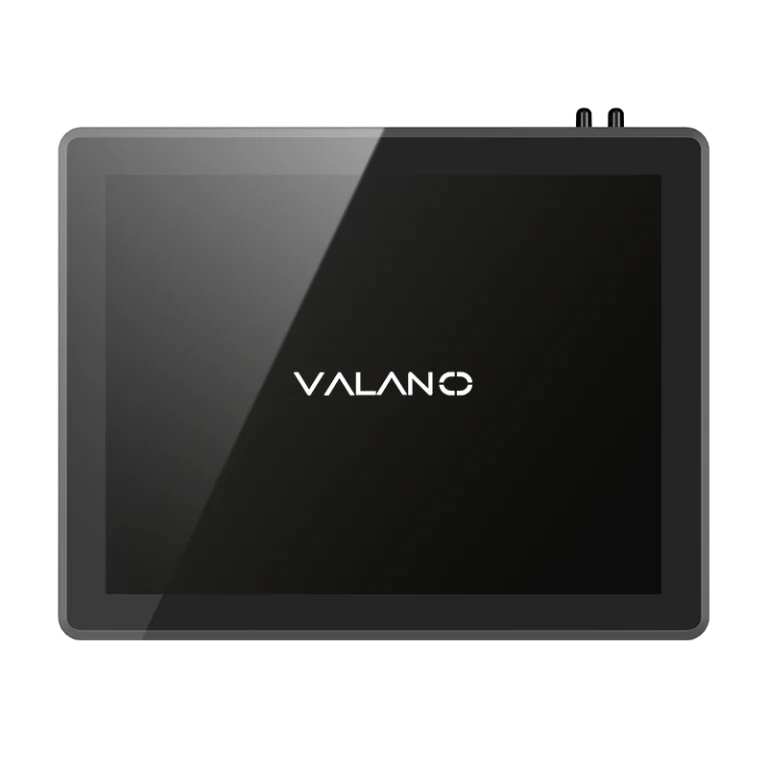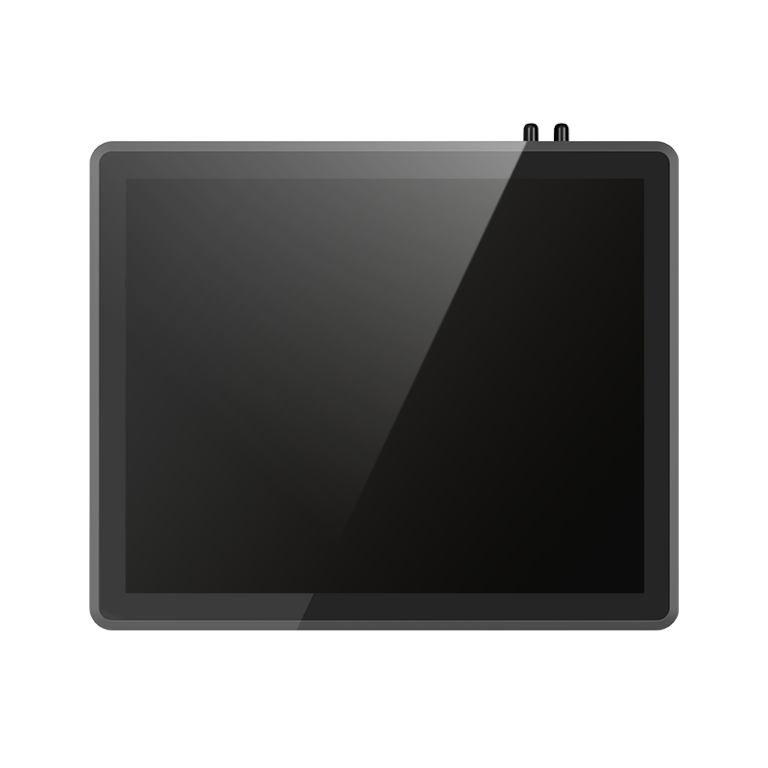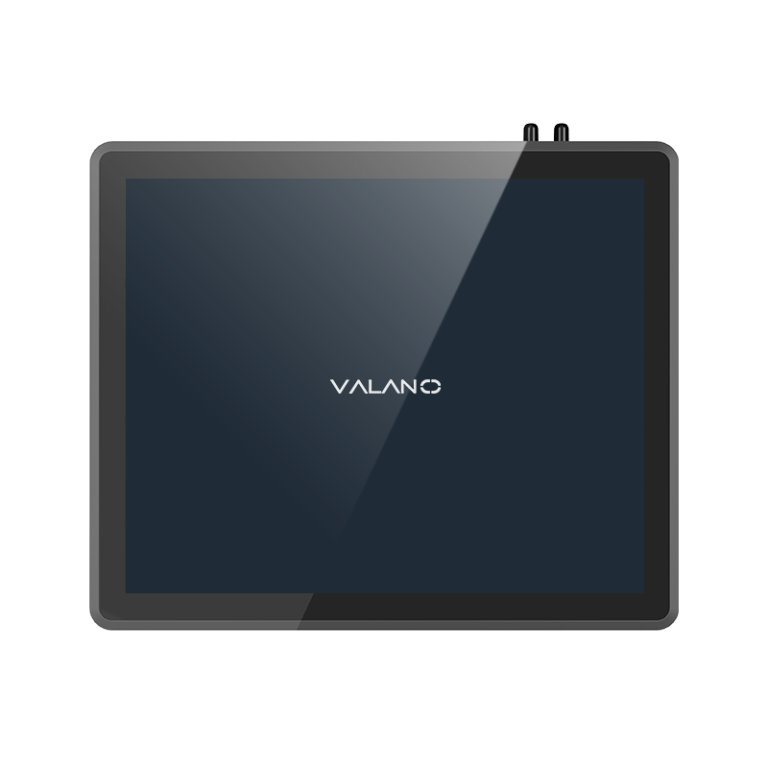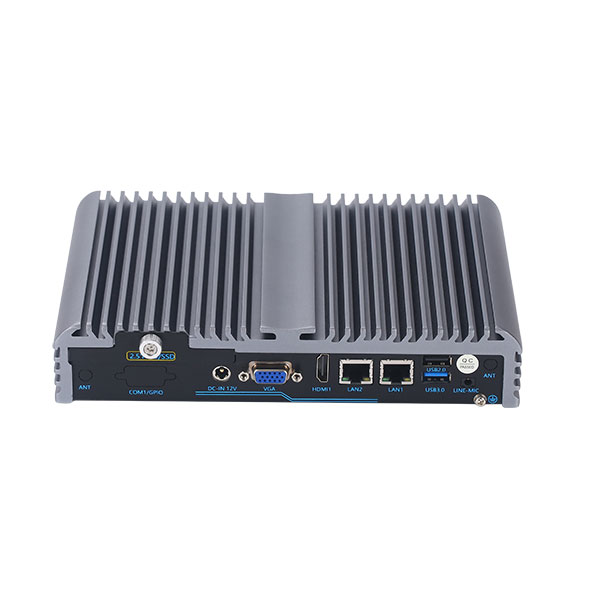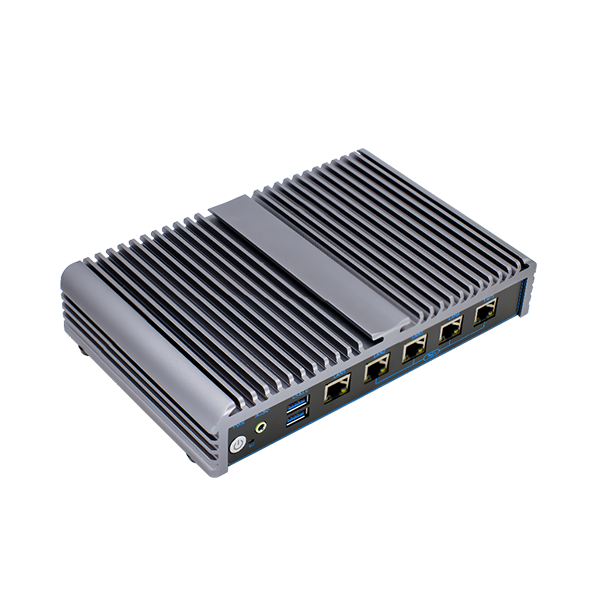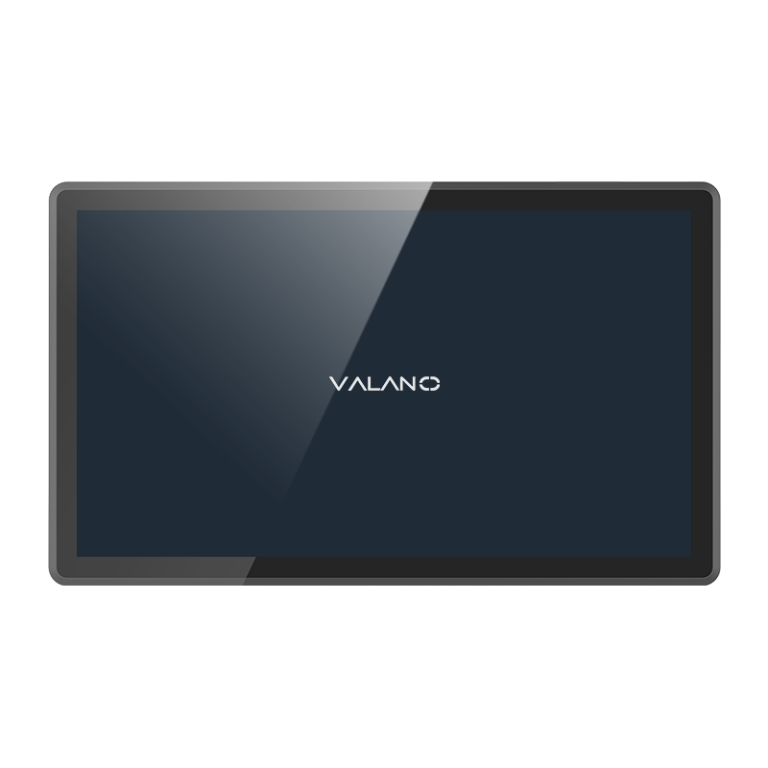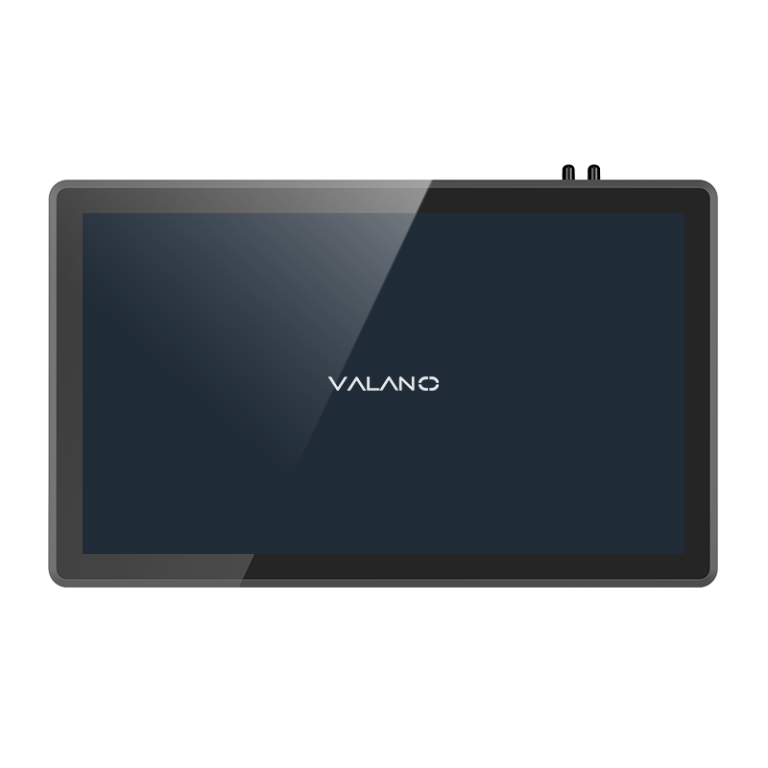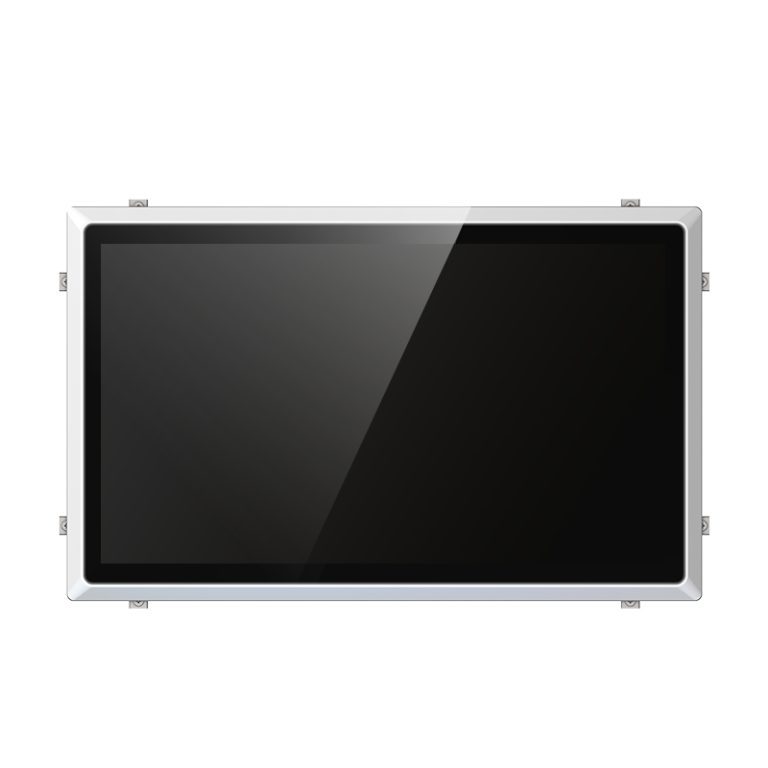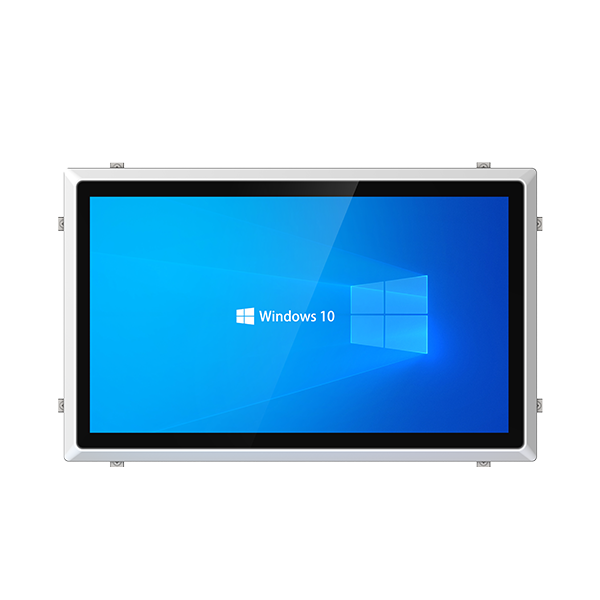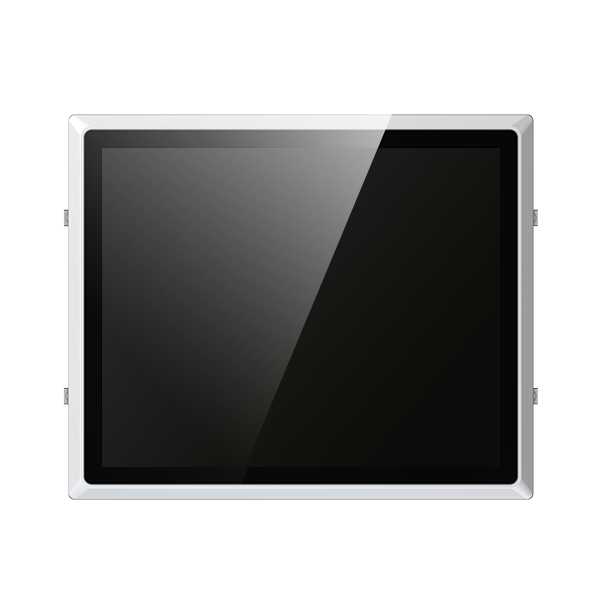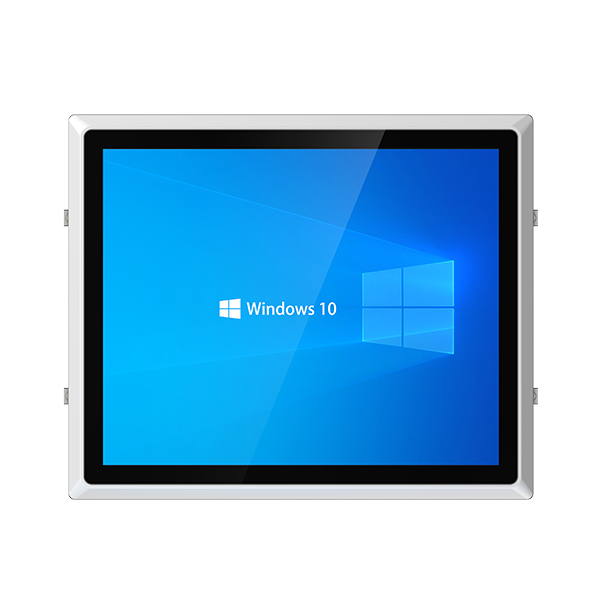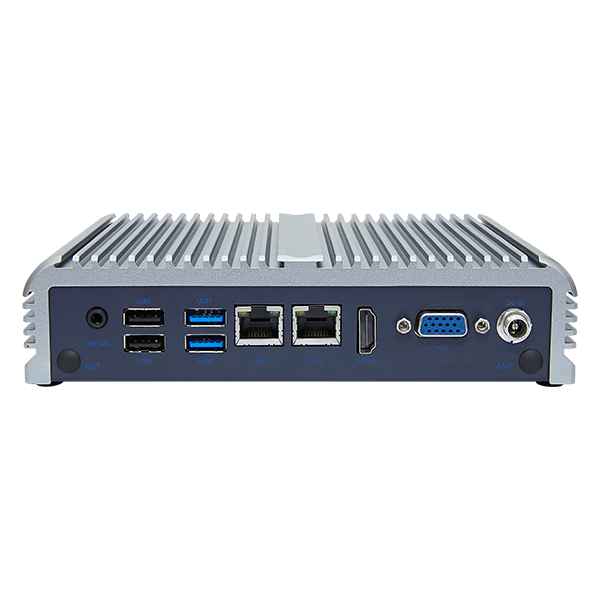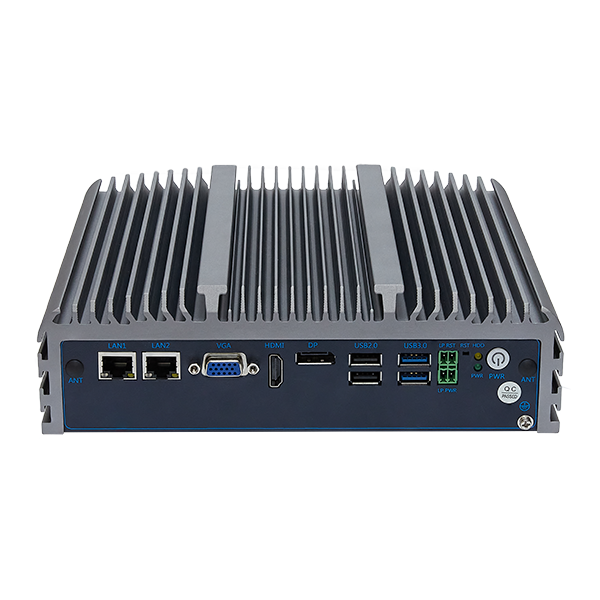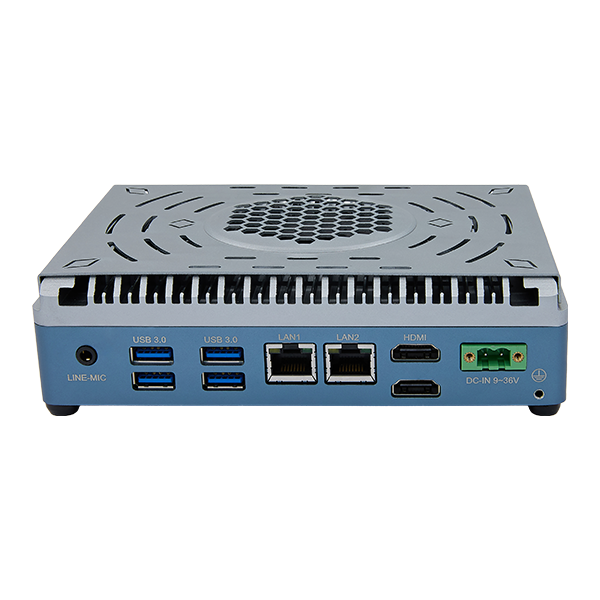Industrial PCs and PLCs play vital roles in industrial automation, but they differ in design, execution, and application. Each has strengths suited to specific tasks, from real-time control to advanced data handling. This article explores the key differences between industrial PCs and PLCs, helping you understand how they work, where they fit, and what to consider when planning your system. With the right insights, you can choose based on actual needs.
What is a Programmable Logic Controller (PLC)?
A programmable logic controller is a special type of computer that you use in industrial automation. You will find PLCs in many industrial control systems. They help you manage machines and processes with simple, reliable control.
PLCs work well in harsh environments. You can trust them to run nonstop in an industrial automation system.
You program a PLC using ladder logic or similar languages. The system scans inputs, runs your program, and updates outputs in a repeating cycle. This scan-based method gives you fast and predictable response times.
You often choose programmable logic controllers for tasks like motor control, conveyor systems, or safety monitoring. These jobs need quick, real-time decisions and high reliability.
What is an Industrial PC?
An industrial pc is a rugged version of a personal computer. You use industrial pcs when you need more processing power or advanced automation features.
Industrial pcs can run complex software, handle large data sets, and connect to networks. You can use them for tasks like data logging, machine vision, or advanced analytics in automation processes.
Unlike PLCs, industrial pcs use event-driven execution. The system responds to events or user actions instead of scanning inputs in a fixed cycle.
You can program an industrial pc with many languages, just like a personal computer. This flexibility lets you build custom solutions for your automation needs.
Industrial pcs often work together with PLCs in modern industrial control systems. You might use a PLC for basic control and an industrial pc for data processing or visualization.
An industrial digital computer like this can help you manage complex automation tasks in your system.
- Common uses for industrial pcs:
- Supervisory control and data acquisition (SCADA)
- Human-machine interface (HMI)
- Machine learning in automation
Industrial PC vs PLC: Key Differences
Processing Power
You will notice a big difference in processing power when you compare industrial pc and plc. PLCs use simple processors. They handle basic logic and real-time tasks. Industrial pcs use faster and more advanced CPUs. You can run complex automation software and process large amounts of data with industrial pcs. Industrial-grade pcs support multitasking and advanced analytics. If your system needs high-speed calculations or machine vision, you should choose an industrial pc.
Programming and Software
PLCs use special programming languages like ladder logic. You will find these languages easy to learn for basic control. Industrial pcs let you use many programming languages. You can use C++, Python, or other modern languages. This flexibility helps you build custom automation solutions. Industrial-grade pcs support a wide range of software, from SCADA to machine learning. You can update and expand your system more easily with industrial pcs.
Real-Time Control
PLCs excel at real-time control. They scan inputs and update outputs in a fixed cycle. This scan-based method gives you fast and predictable response times. You can trust a plc to react quickly to changes in your system. Industrial pcs use event-driven execution. They respond to events as they happen. Some industrial-grade pcs can handle real-time tasks, but you may need special software or hardware. For strict real-time control, a plc is often the better choice.
Reliability and Ruggedness
You can rely on a plc in harsh environments. PLCs resist dust, vibration, and extreme temperatures. They run for years with little maintenance. Industrial pcs are also rugged, but not always as tough as a plc. Industrial-grade pcs use strong cases and special parts to survive in factories. If your automation system faces tough conditions, a plc gives you the highest reliability.
| Feature | PLC | Industrial PC / Industrial-Grade PC |
|---|---|---|
| Ruggedness | Very High | High |
| Uptime | 24/7/365 | 24/7 (with maintenance) |
| Maintenance | Minimal | Moderate |
Security
PLCs use simple operating systems. This makes them less likely to get hacked. You can keep your system safe with basic security steps. Industrial pcs run complex operating systems. They connect to networks and the internet. This gives you more features but also more risks. You must use strong security tools and keep software updated on industrial pcs. Industrial-grade pcs often include extra security features for automation.
Cost
You will see a clear difference in costs when you compare industrial pc vs plc. PLCs usually cost less to buy and install. They have lower long-term costs because they need little maintenance. Industrial pcs cost more up front. You may also pay more for software and upgrades. Industrial-grade pcs add extra costs for rugged parts. If your automation needs are simple, a plc saves you money. For complex tasks, the extra cost of an industrial pc may be worth it.
- PLC: Lower initial and maintenance costs.
- Industrial PC: Higher initial costs, but more features.
Use Cases for PLC and Industrial PC
PLC Applications
You often use a plc when you need reliable control of machinery in tough environments. Many manufacturing plants rely on plc systems for tasks like conveyor control, motor starting, and safety monitoring. You can trust a plc to handle repetitive actions, such as sorting items or filling bottles. These devices work well in places with dust, vibration, or temperature swings. You will see a plc in water treatment, packaging, and food processing. The simple design makes it easy to maintain and update.
Industrial PC Applications
Industrial pcs help you manage complex automation tasks. You can use them for data logging, machine vision, or advanced analytics. These systems process large amounts of data and support multitasking. You might use industrial pcs for SCADA systems or human-machine interfaces. They work well when you need to connect to networks or run custom software. In industrial automation, you often see industrial pcs in quality inspection or predictive maintenance.
- Common uses for industrial pcs:
- Data collection and analysis
- Visual inspection with cameras
- Advanced process control
Hybrid Solutions
Sometimes, you need both a plc and an industrial pc in your system. You can use a plc for direct control of machinery and an industrial pc for data processing or visualization. This hybrid approach gives you the best of both worlds. You get the ruggedness and reliability of a plc with the flexibility and power of an industrial pc. Many manufacturing plants use hybrid solutions to meet modern automation needs.
Choosing Between Industrial PC and PLC
Decision Factors
You need to look at your application before you choose a plc or an industrial pc. Think about how complex your automation task is. If you need simple, real-time control, a plc works best. For heavy data processing or advanced analytics, you should pick an industrial pc. The environment matters too. A plc handles dust, vibration, and heat better than most computers. You also want to consider how much reliability your system needs. If you want nonstop operation, a plc gives you peace of mind.
Checklist
Use this checklist to help you decide:
- Does your system need fast, real-time response?
- Will your automation run in a harsh environment?
- Do you need simple logic or advanced data processing?
- Is high reliability a top priority?
- Will you connect to networks or use custom software?
- What is your budget for hardware and maintenance?
Future Trends
You will see more hybrid solutions in the future. Many factories now use both a plc and an industrial pc in one system. This setup gives you the best of both worlds. You get the rugged control of a plc and the power of a pc for data tasks. As automation grows, you will see smarter systems that combine these tools. You should stay updated on new technology to keep your system efficient.
Conclusion
If you want the best solution for modern automation, you need to compare industrial pc vs plc. You will find that a plc gives you simple, rugged, and real-time control. An industrial pc vs plc setup shines when your automation tasks involve complex logic or heavy data processing. In industrial automation, you often see a plc for basic control and an industrial pc for advanced automation.





